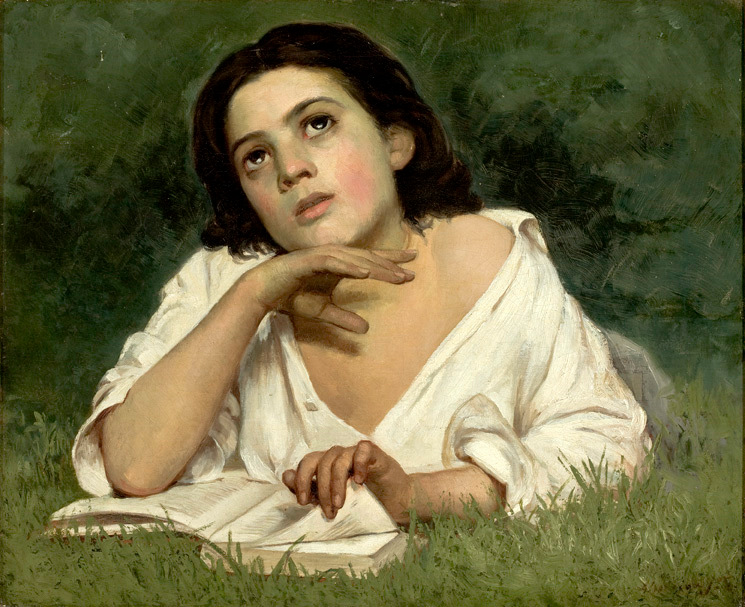
by Hannah Morgan
We’ve all heard it a million times: “Show, don’t tell.” In creative writing classrooms nation-wide, this is the guideline. So, naturally, a commonly voiced criticism in workshops is something like: “This doesn’t need to be stated outright; it would be more engaging if the reader could glean it from the scene.” I have found myself typically agreeing with these comments, and even doling them out myself from time to time. “Too much summary here,” I’ll write in the margin, or “too explicit.”
But I think I am changing my mind. I recently read an eye-opening essay entitled “Reflection and Retrospection: A Pedagogic Mystery Story” by our friend and essayist Phillip Lopate in which he suggests that the “show, don’t tell” paradigm is changing the essence of nonfiction. He writes, “…we are indeed seeing a mutation of the form—the dramatic disappearance of the adult super-ego from the narrative voice, and the stylistic take-over by the contemporary short story and poem.” And Lopate isn’t shy about the side of the issue on which he falls. He sees this movement away from retrospection in nonfiction as a more general loss of intellectual contemplation and thought on the page. He writes, “In any autobiographical narrative, whether memoir or personal essay, the heart of the matter often shines through those passages where the writer analyzes the meaning of his or her experience. The quality of thinking, the depth of insight, and the willingness to wrest as much understanding as the writer is humanly capable of arriving at—these are guarantees to the reader that a particular author’s sensibility is trustworthy and simpatico.”
Most of the essay centers around the attitudes of writers that Lopate has observed in the classroom in recent years. He notes not only that his graduate students are resistant to the idea of retrospection being important to nonfiction, but also that they seem to think they are incapable of it. He writes, “Part of my job is to try to convince [my students] that they already have these thoughts in them. They are constantly taking the measure of the distance between their prior and present selves.” Lopate sees the anti-reflection trend as something mixed up with current concepts of truth; he suggests that students think the truest stories are the ones untainted by their own hindsight.
Lopate’s essay is a must-read; find it in full on his Web site here.
Also, check out the embedded video of Lopate discussing his literary career and how he thinks of it in light of his inevitable death—a great example of his lively, self-satirizing narrative voice that certainly does a lot of thinking on the page (or in this case, stage).








